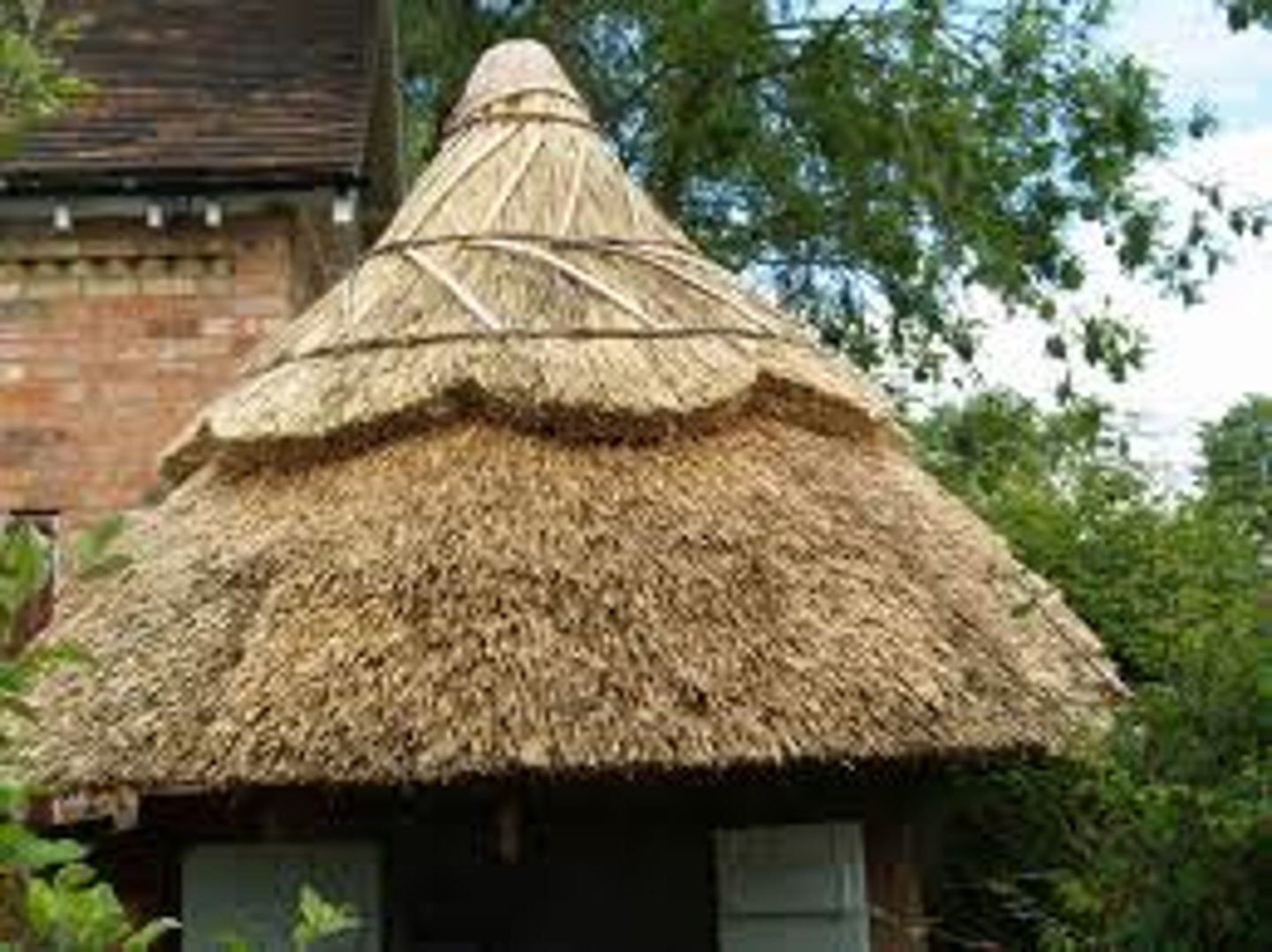Public health in Medieval towns: Medicine stands still, c1000-1500: History: GCSE (9:1)
1/24
There's no tags or description
Looks like no tags are added yet.
Name | Mastery | Learn | Test | Matching | Spaced | Call with Kai |
|---|
No analytics yet
Send a link to your students to track their progress
25 Terms
Miasma
A noxious or poisonous atmosphere. People believed this was created by putrid smells and/or sin.

Privies / Latrines
Other words for toilets (non-flushing in the Medieval Era)
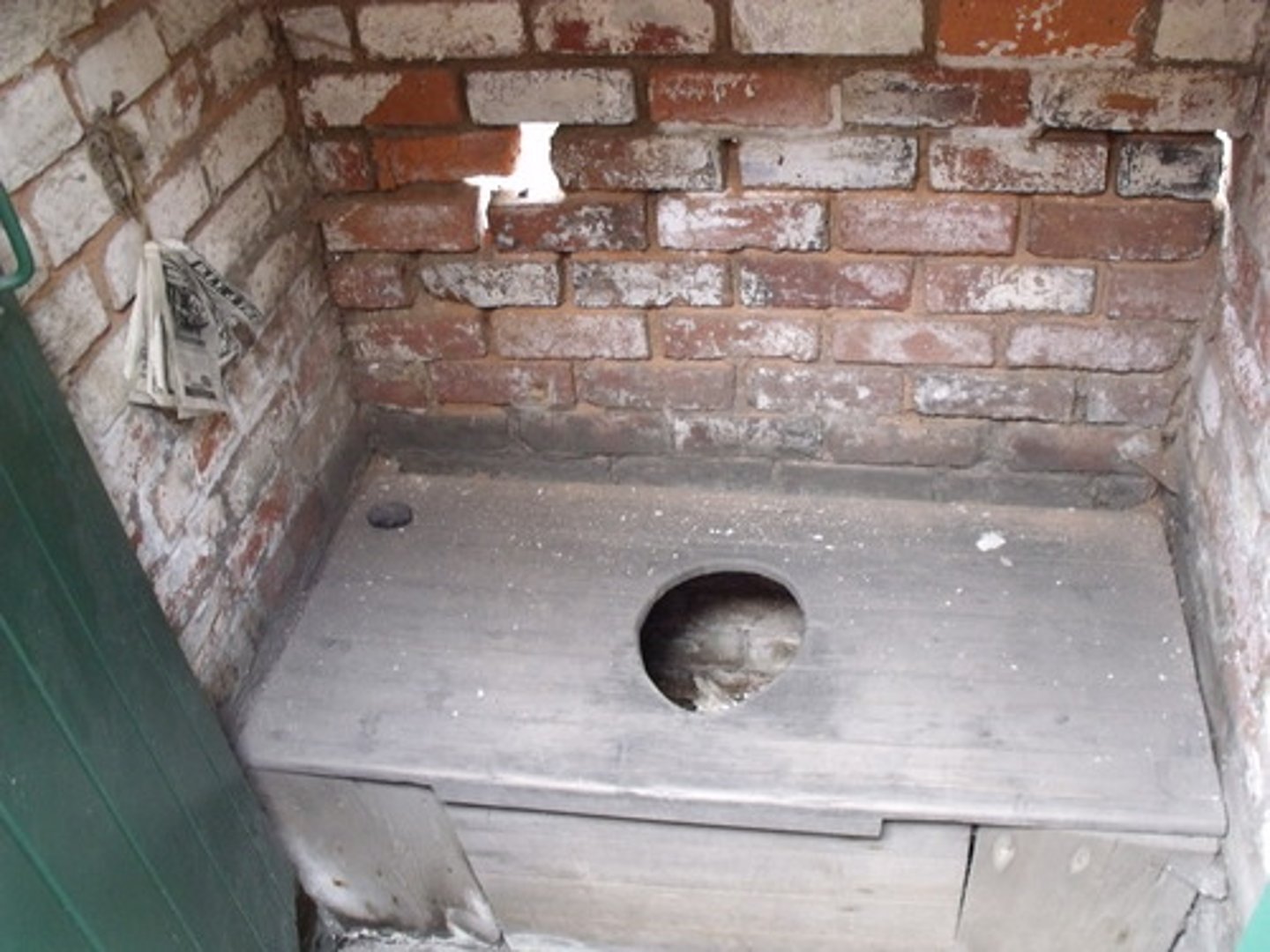
Guilds
Set and checked standards for traders. They would fine producers if their quality dropped.
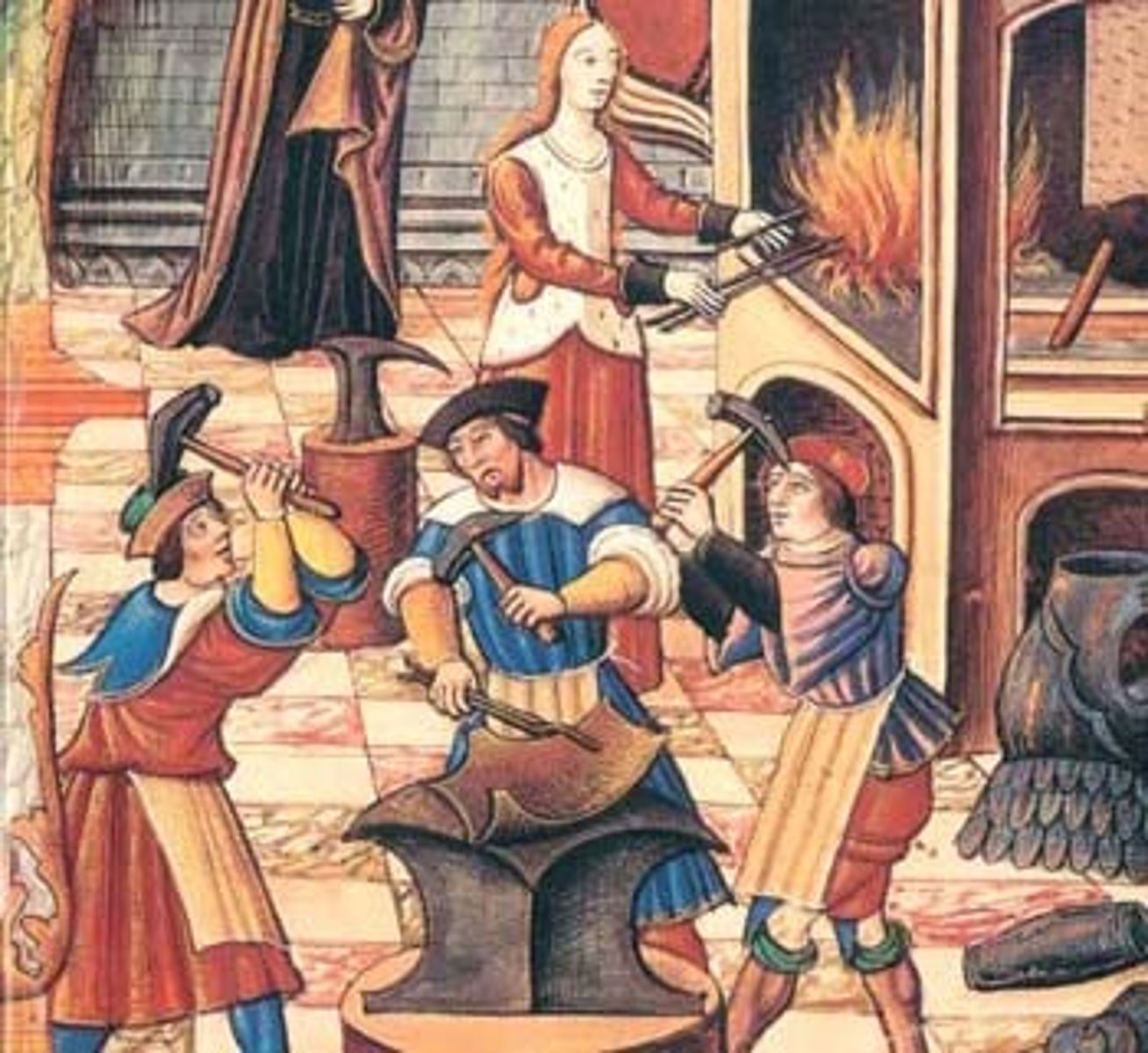
Cesspit
A place where many people emptied their human waste (feces), if they didn't empty it on the street.
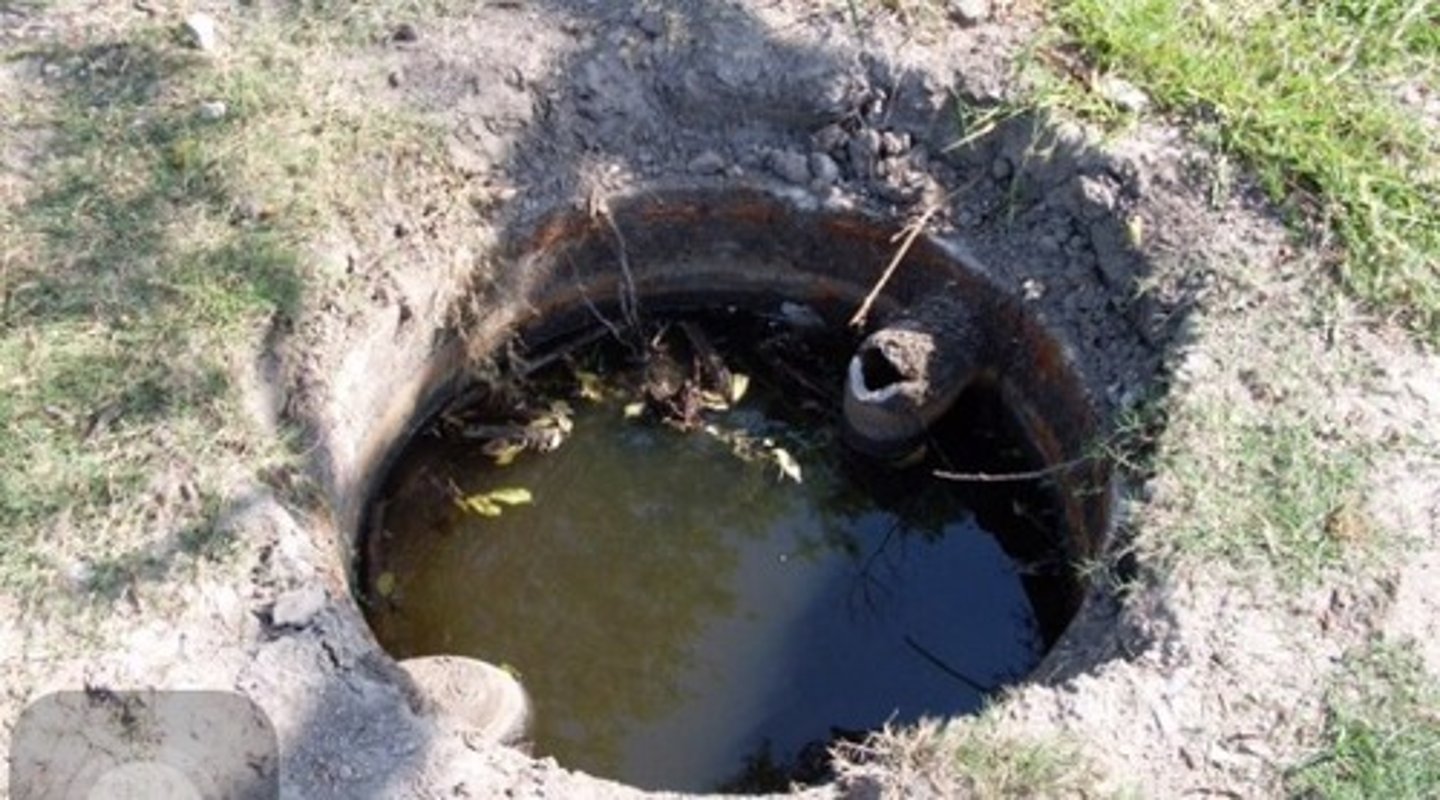
Gongfermers
Person who cleans out cesspits. They earned a good wage and formed their own guild.
Public Latines
Public toilets built in many cities such as Hull, Winchester, London and Leicester
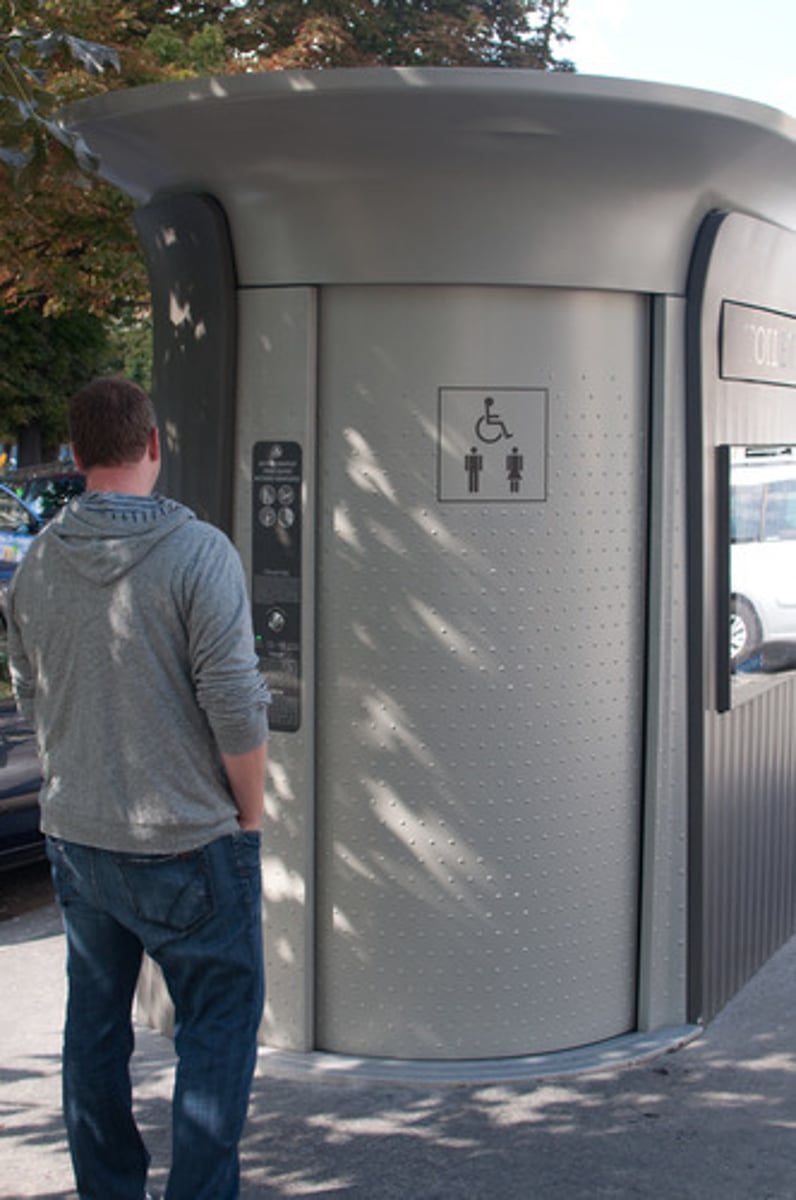
Stews
Public bathhouses where people could pay to have a bath. They also served as brothels. Were closed during plague years ie) London 1417
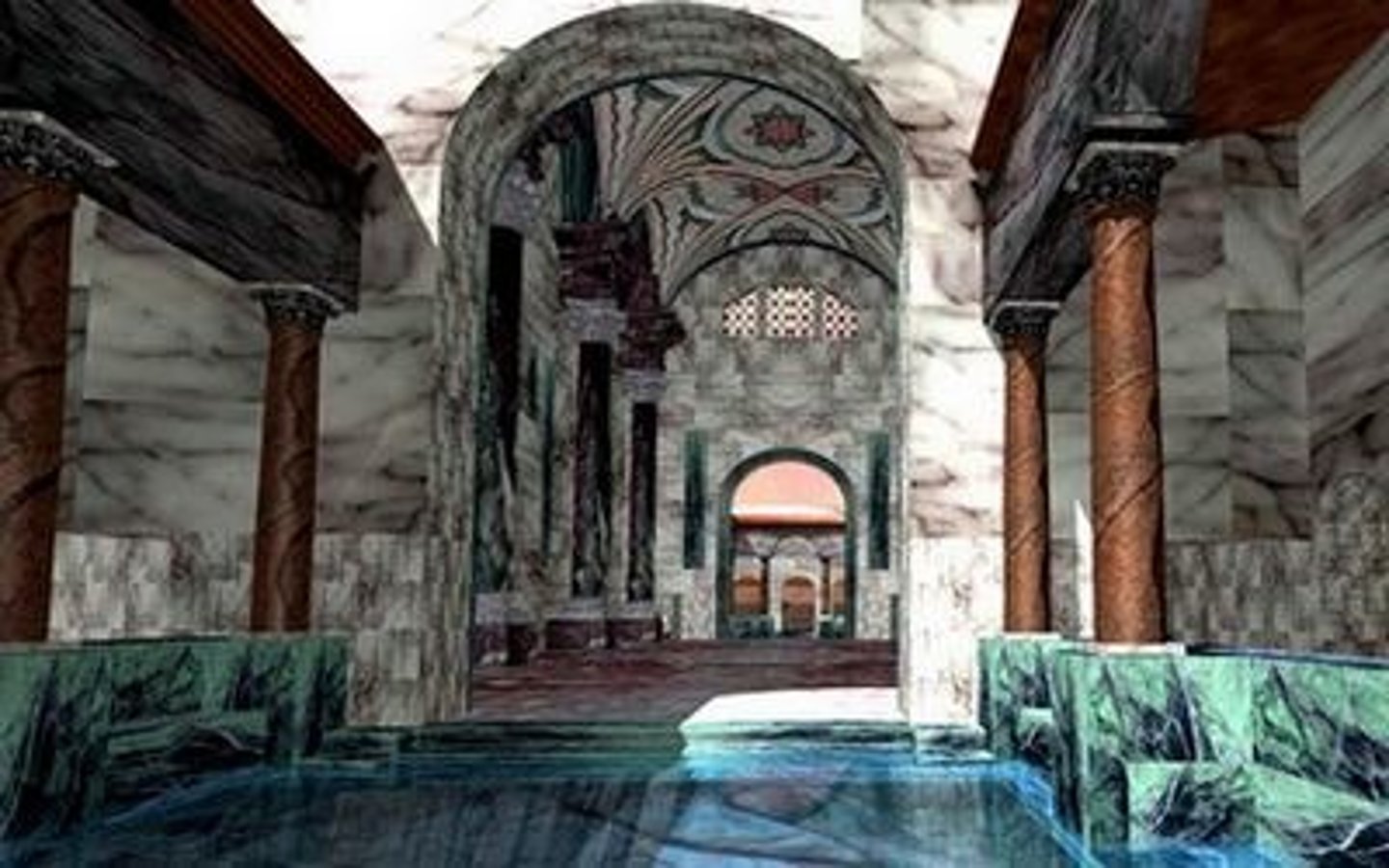
Lord Mayor
Head of the civic government of London. Usually a wealthy townsman and guild member.

Juries
Groups of cooks and food sellers that would judge and punish people selling 'putrid' or 'corrupt' food.
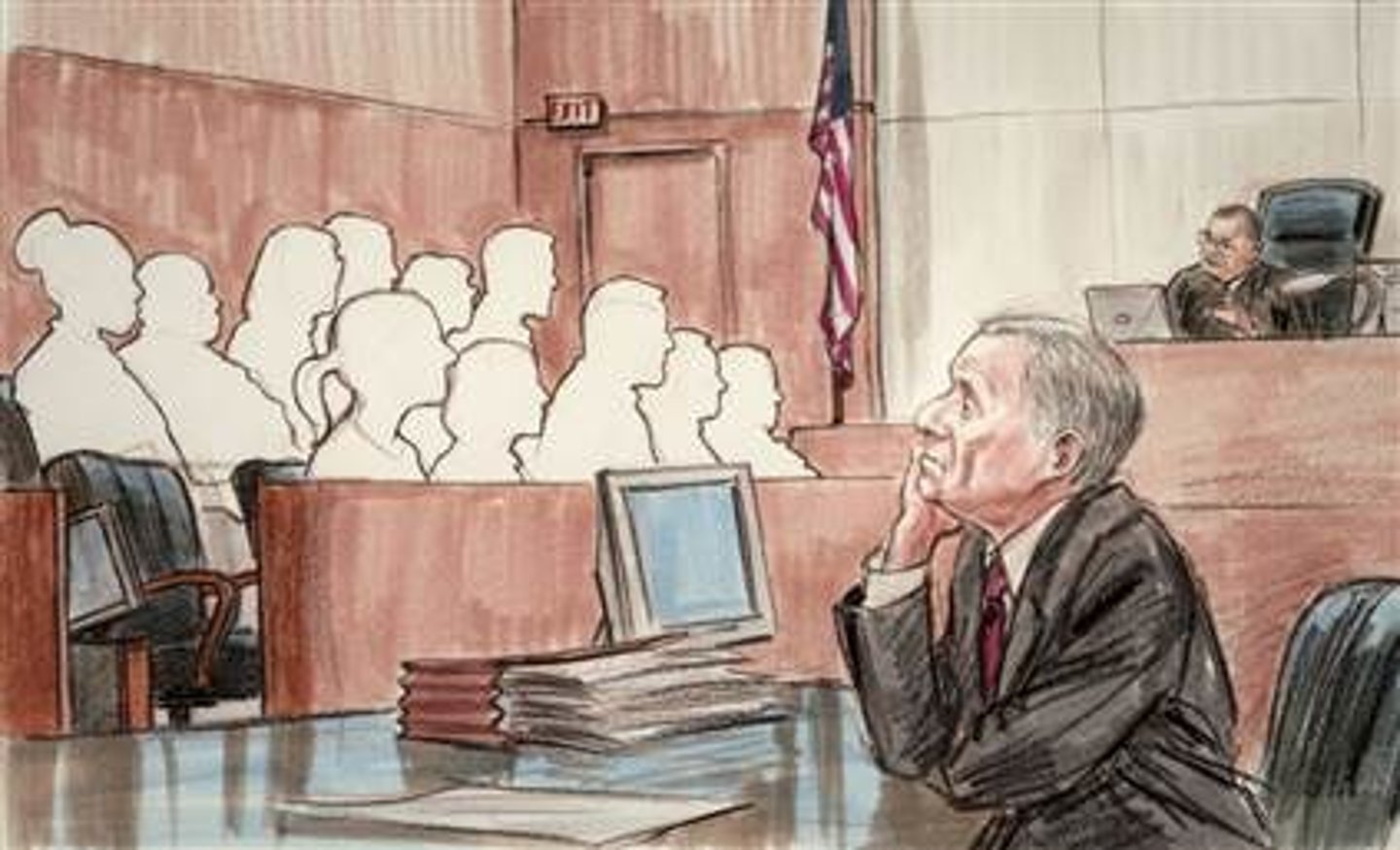
Carlisle
A town where money had to be spent on town defences against the Scottish, meaning Public Health was very poor
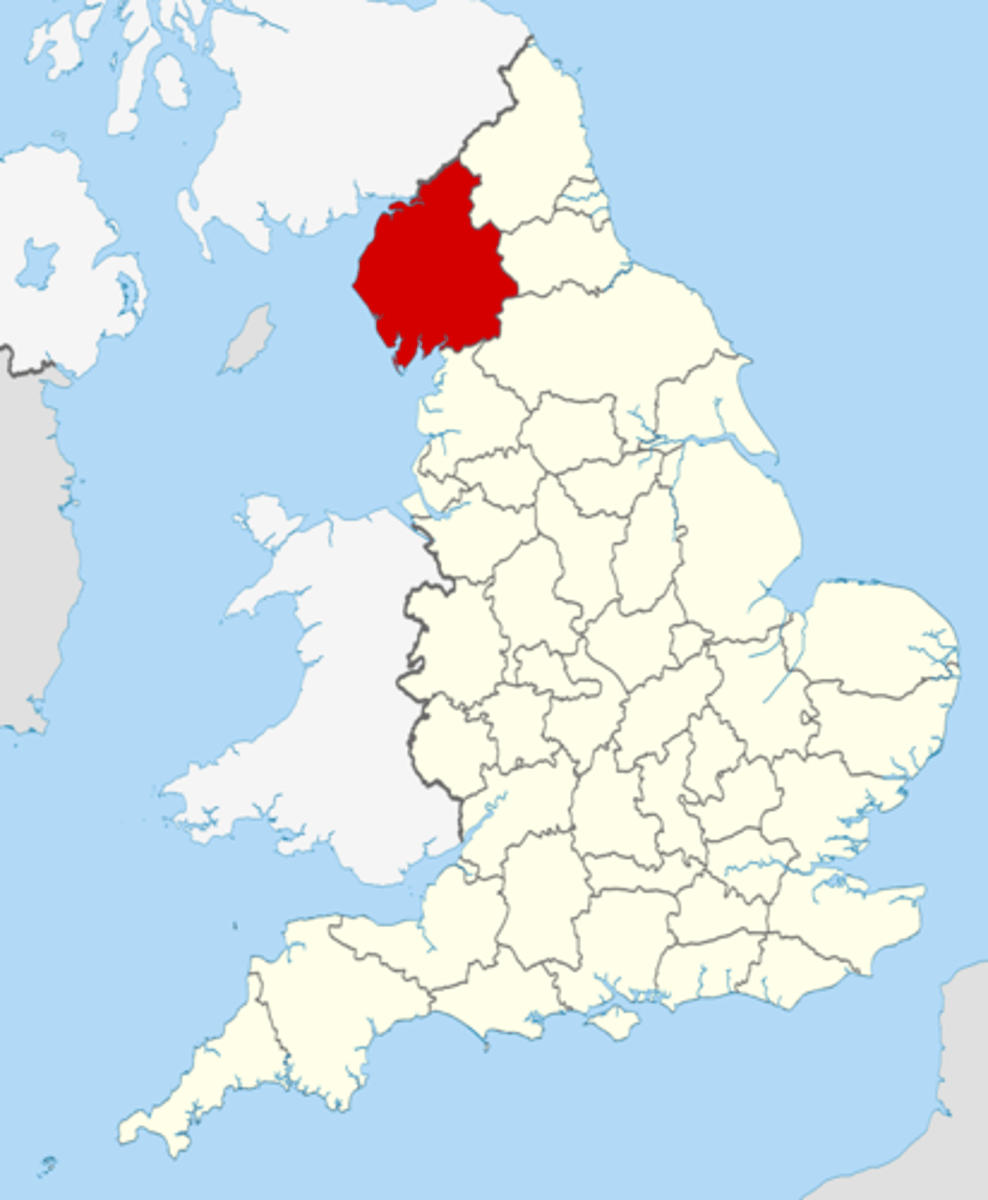
Coventry
Introduced 12p fines for those who didn't clean the street, waste dumps were set up at 4 locations on the outside of the town and waste (latrine and junk) dumping in the River Sherbourne was banned
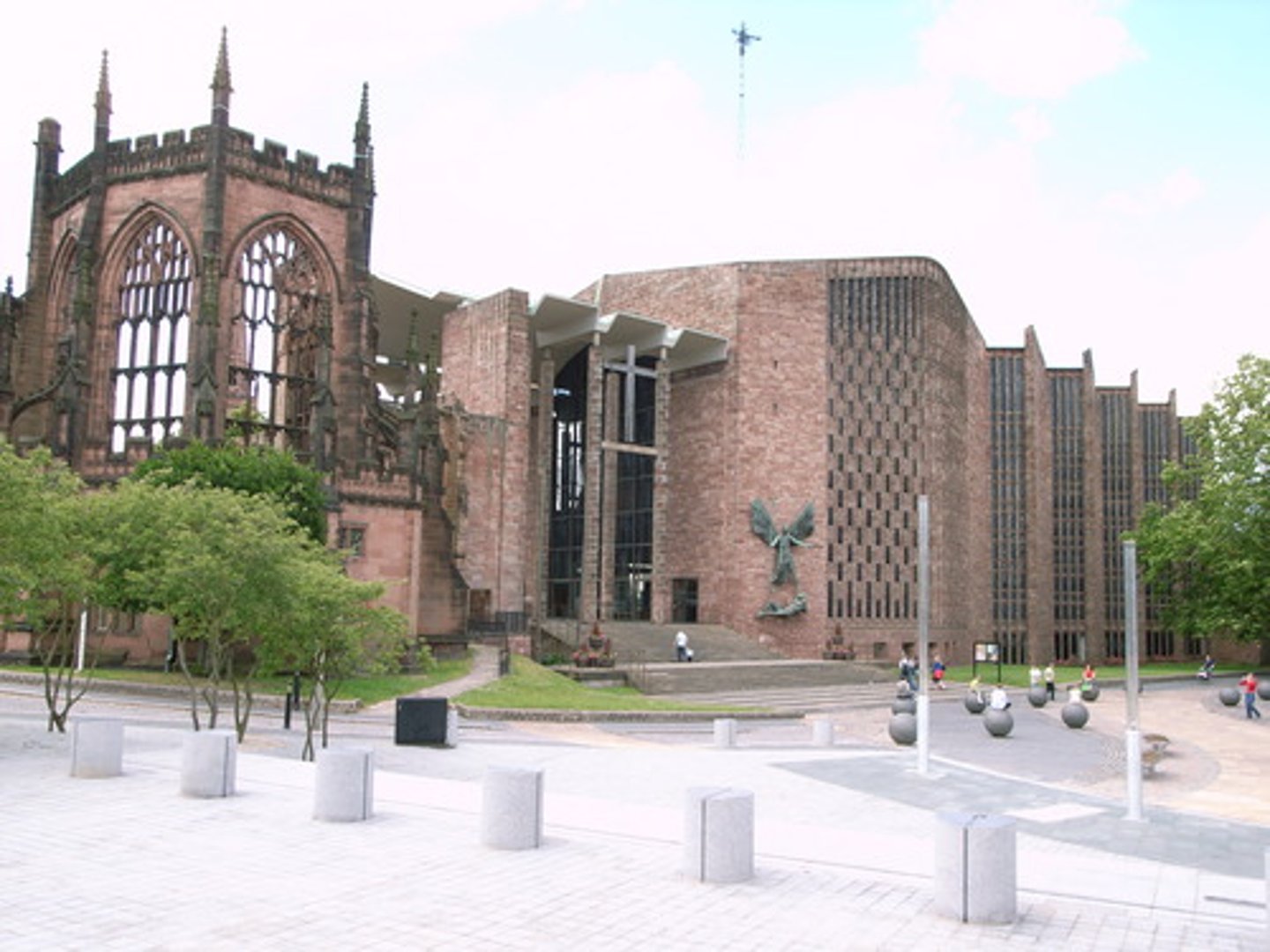
York
Given orders to clear filth from the streets by Edward I during his wars with the Scots.
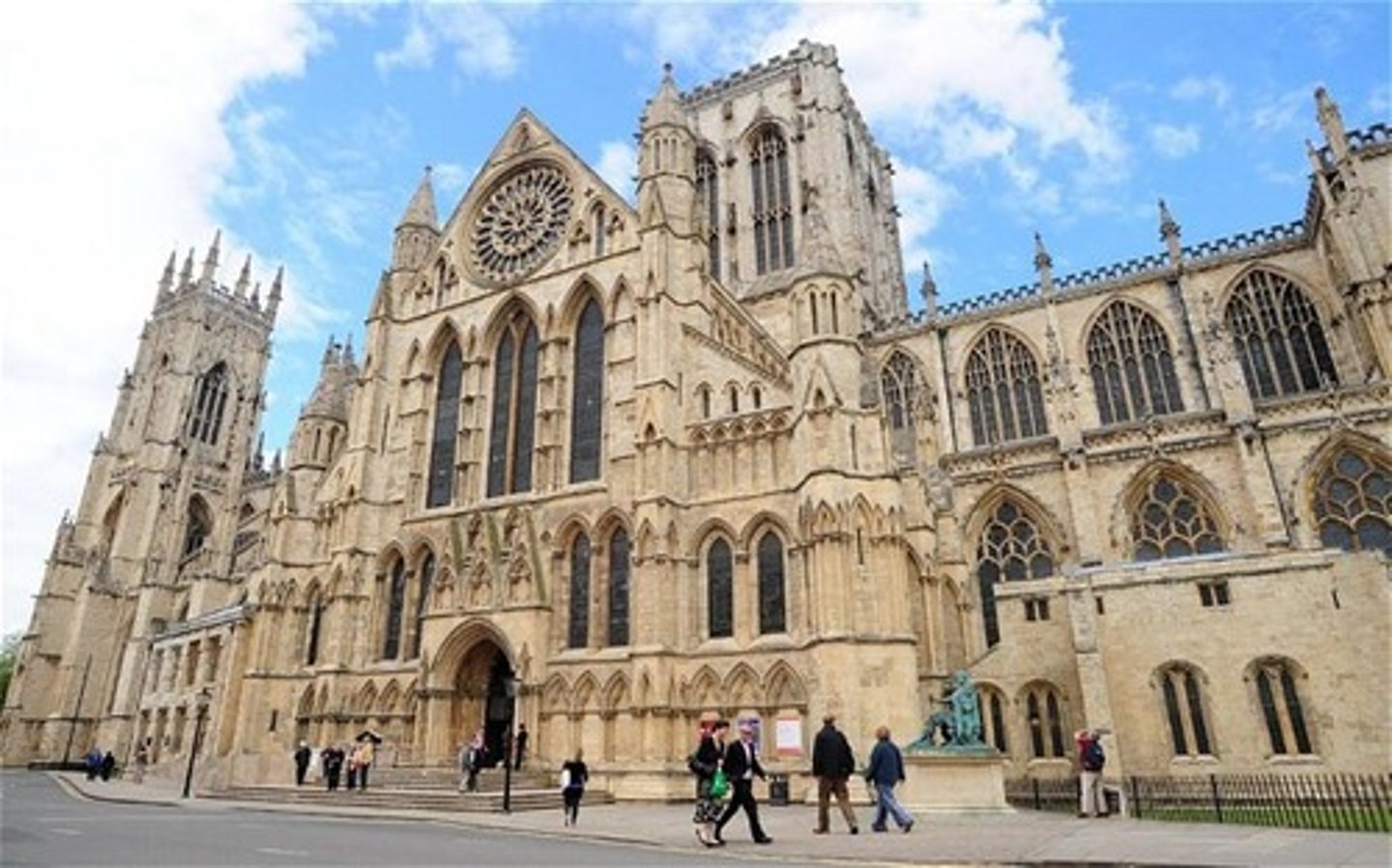
The Shambles
A narrow medieval street in York. The top floors overhang the street to make more indoor space. Lots of butchers, bakers etc. worked on streets like this. Not good in times of disease because they were cramped and full of food waste.
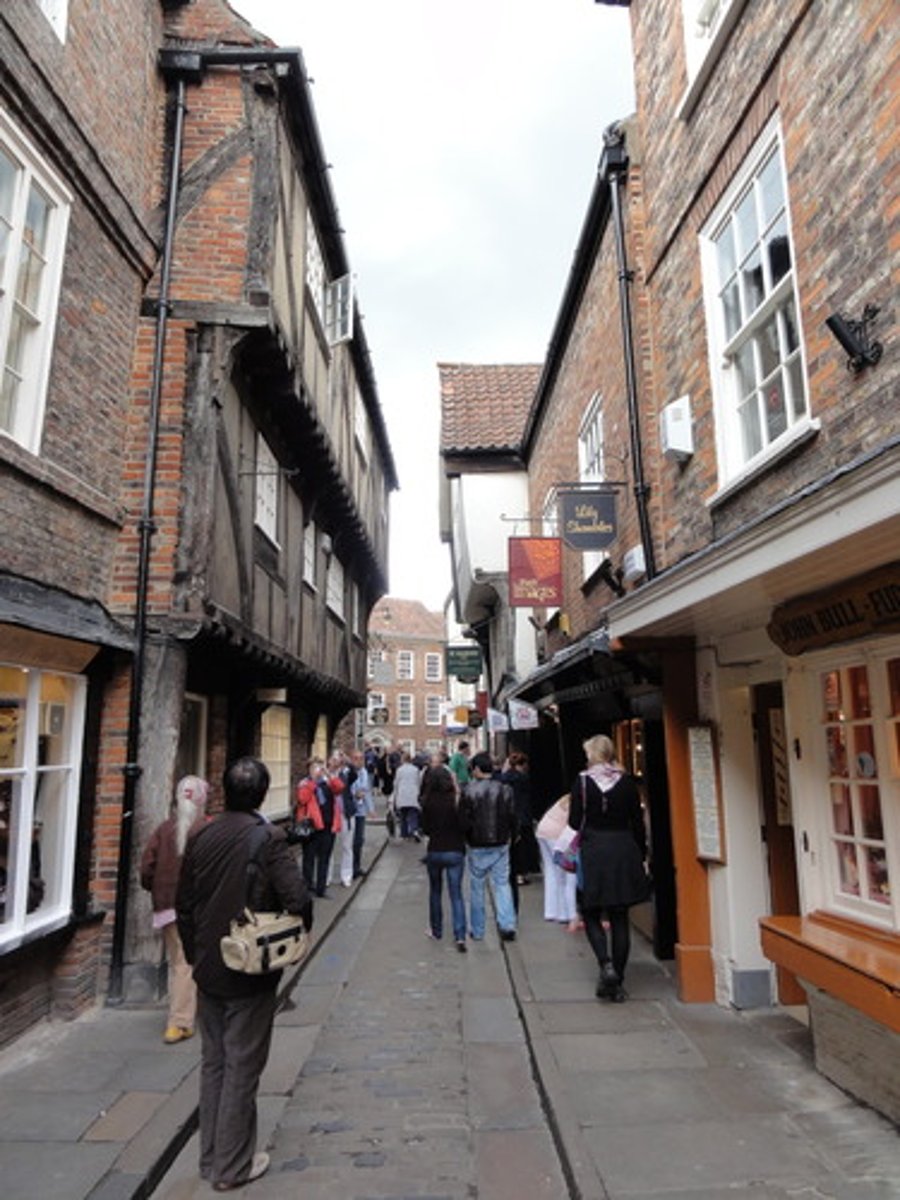
Bristol
Had many by-laws moving dungheaps, lepers and prostitutes to the outskirts of the town - similar to Coventry
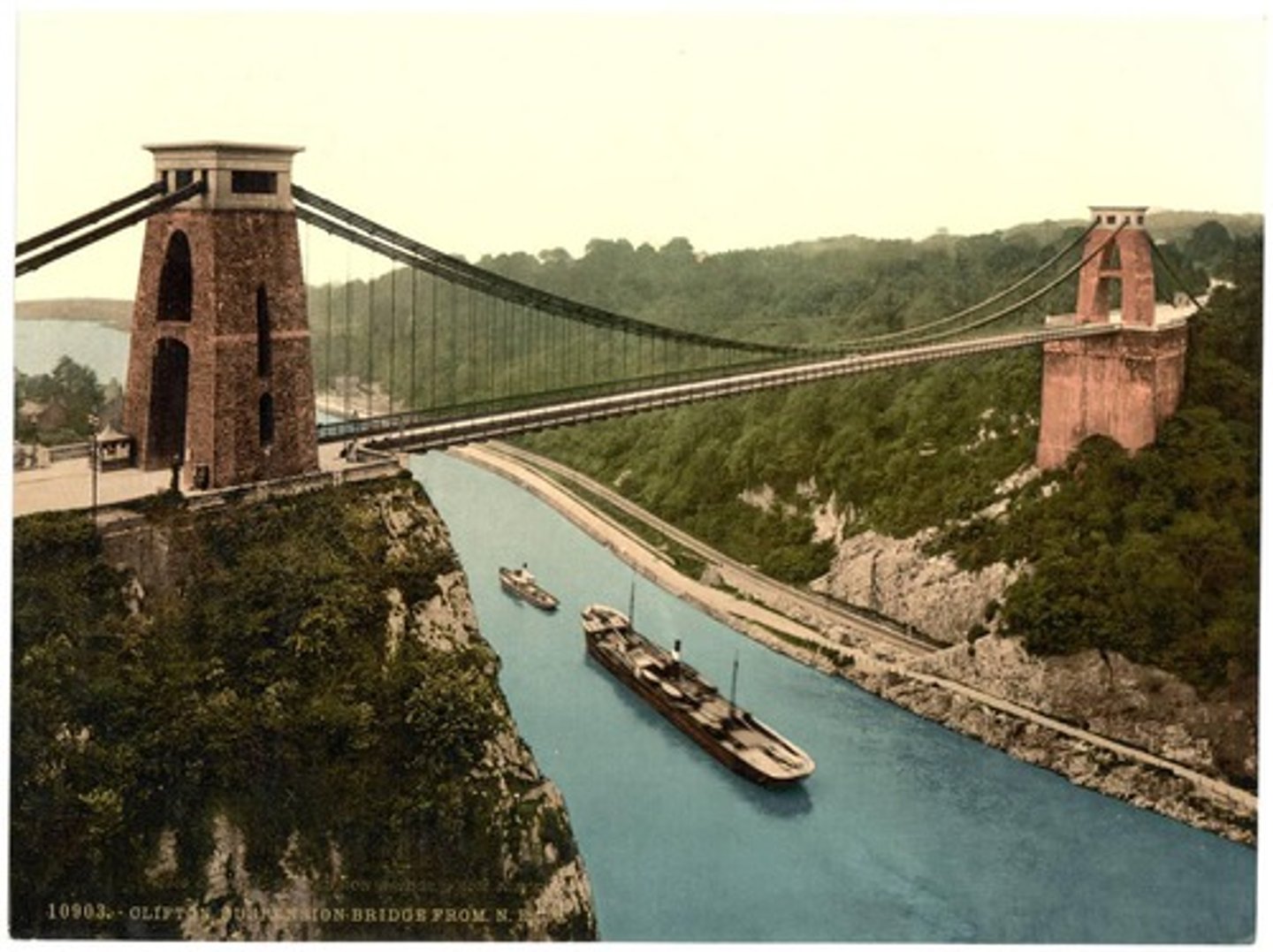
London
Edward III gave an order in 1349 that "faeces and other filth" should be removed from London and that the city should be "cleansed from all odour".
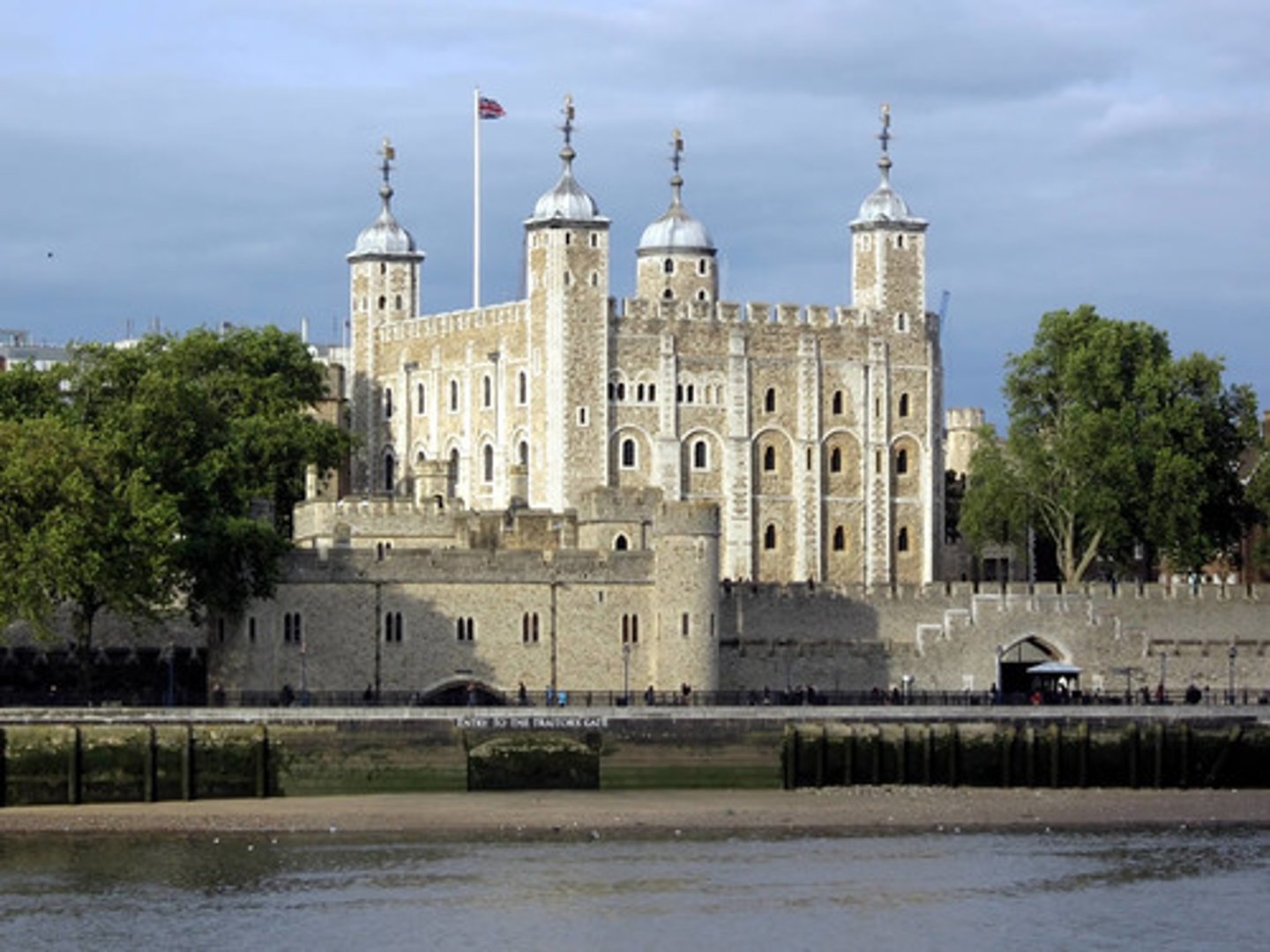
London Conduit (1247)
The first major water supply for a town in England since the Roman Era. A huge lead pipe brought 'clean' water from out of town. The River Thames was basically a cesspit
Dick Whittington
Lord Mayor of London in the 1390s and early 1400s. He gave money in his will for drainage systems and a public latrine seating 128.
White Book
A list of regulations about keeping people healthy in London. Written down in 1419 due to the death of many officials in a plague outbreak.
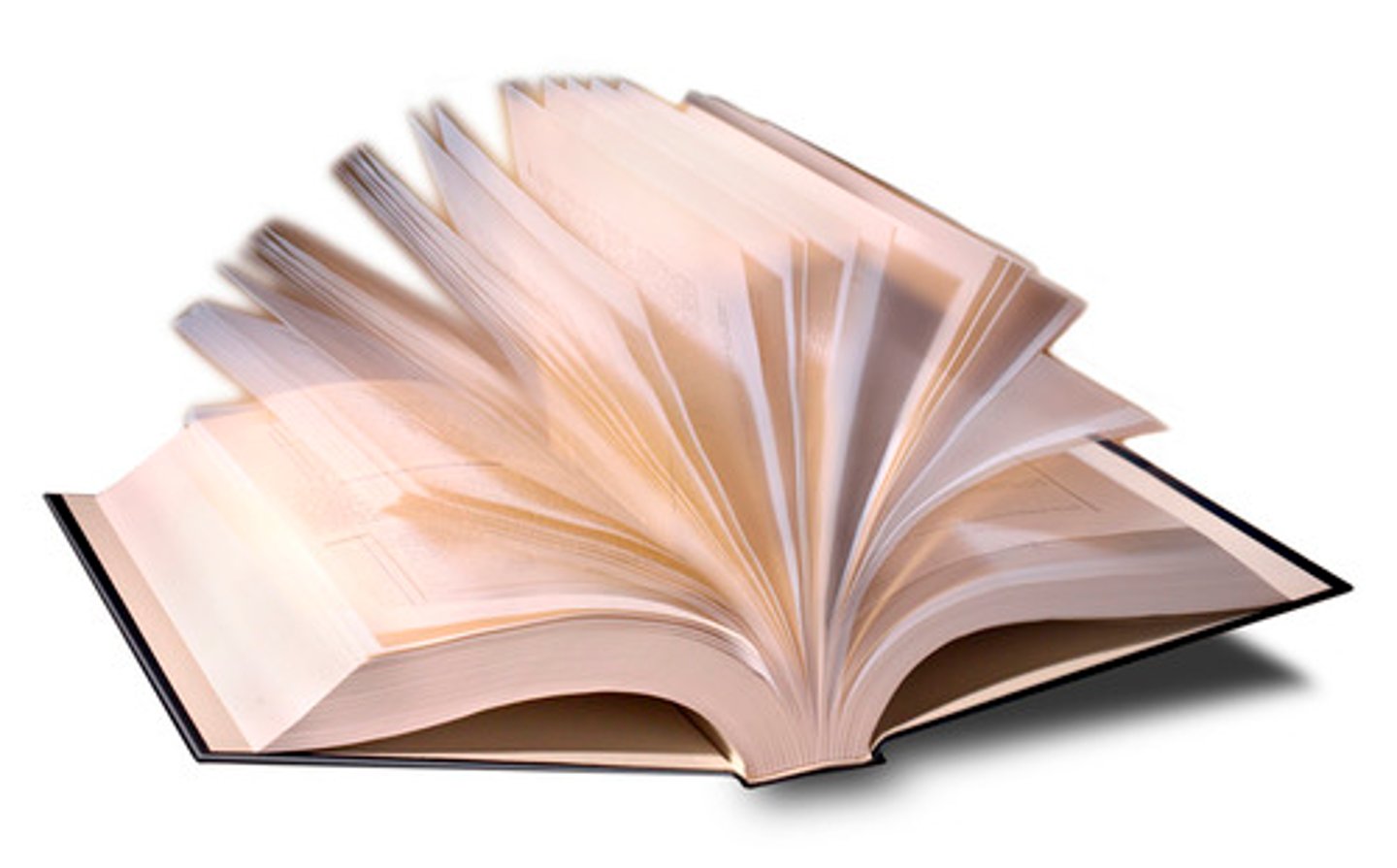
Fountains Abbey
Had an infirmary for the sick, blocks of latrines, and pure spring water carried in pipes.
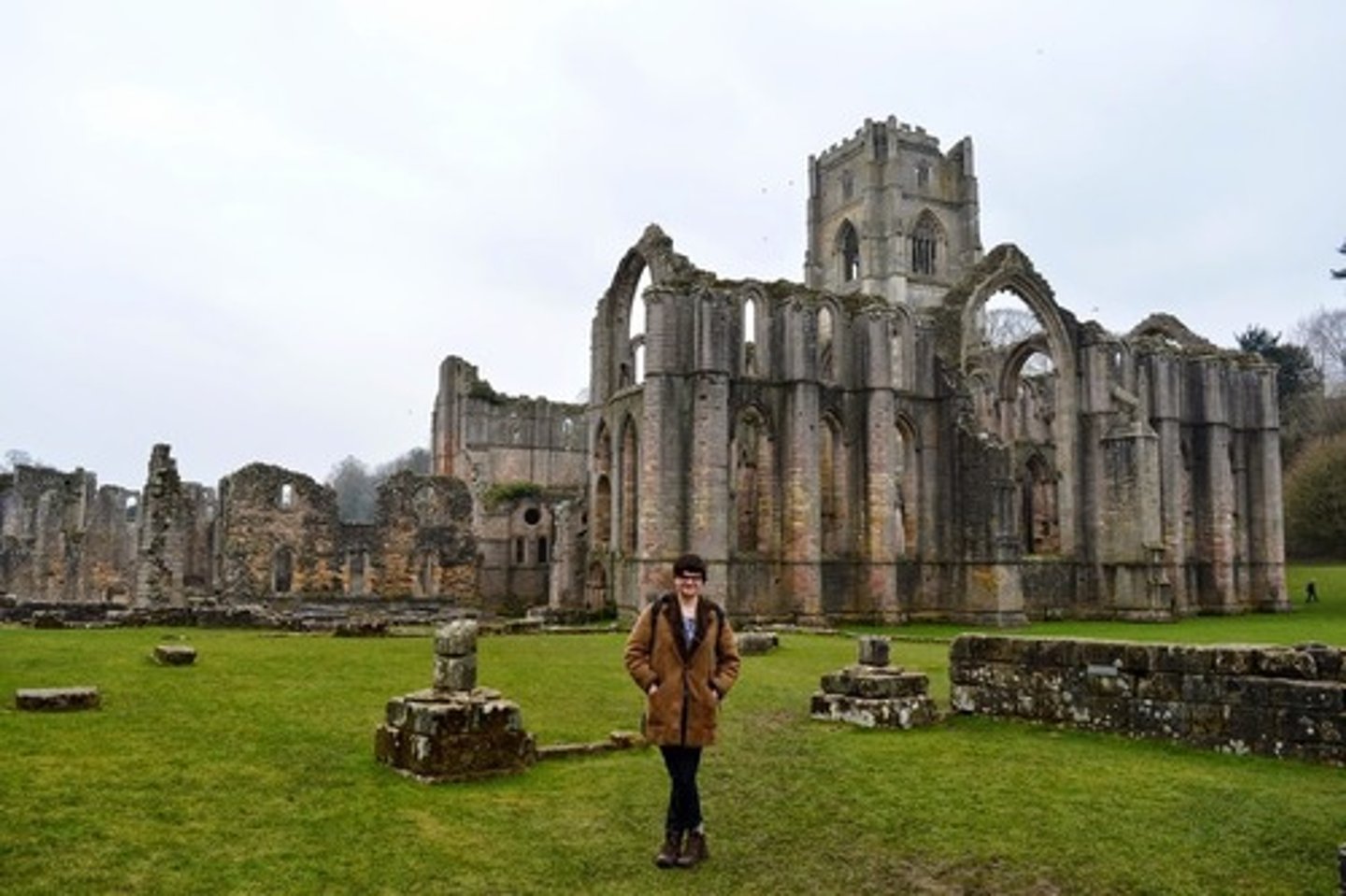
Prestige
Wealthy citizens of towns received status and a good reputation for funding public health improvements. Many thought it was their Christian duty
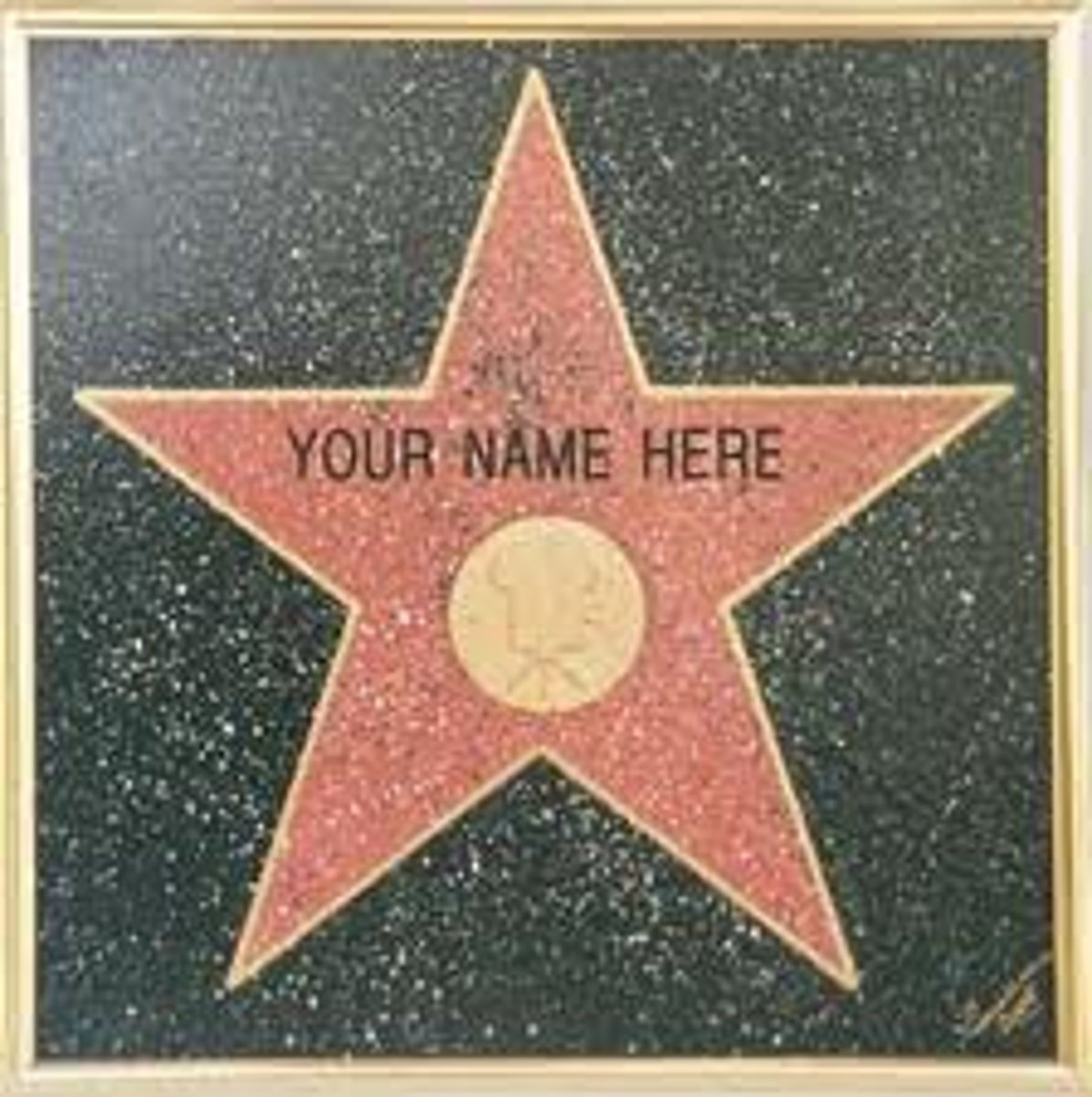
Physic Garden
A place in a monastery where plants were grown. Herbs would be sold in the towns and the money used to buy luxury goods like aniseen, wine, liquorice and olive oil. The monks lived well
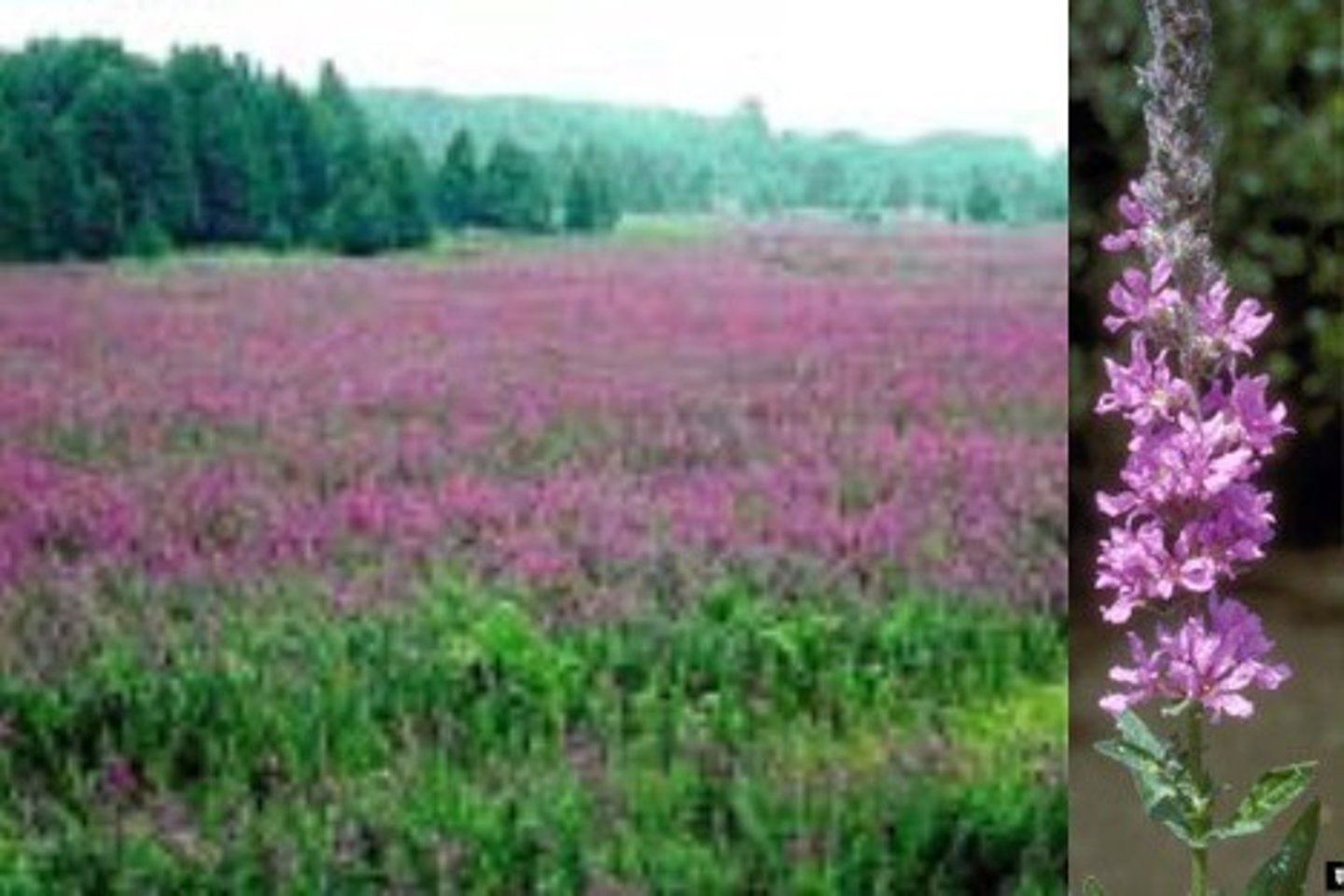
Market
Where goods and services were bought and sold in a town. Usually once or twice a week. Lots of animal carcasses and waste left behind.
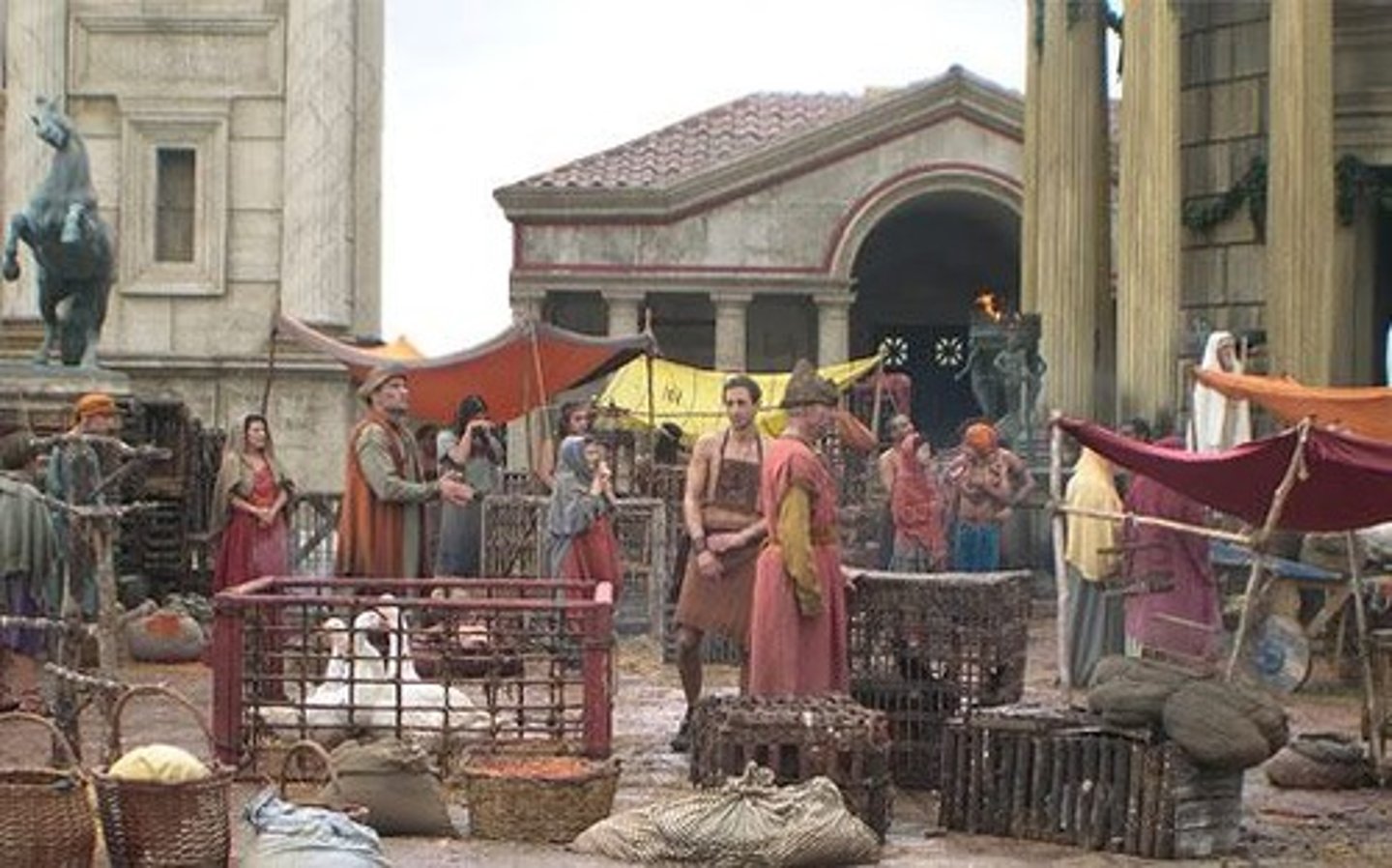
Fragrant gardens
In the towns people with gardens grew flowers to get rid of miasma, as they thought it caused diseases. These flowers were used in posies and pomanders
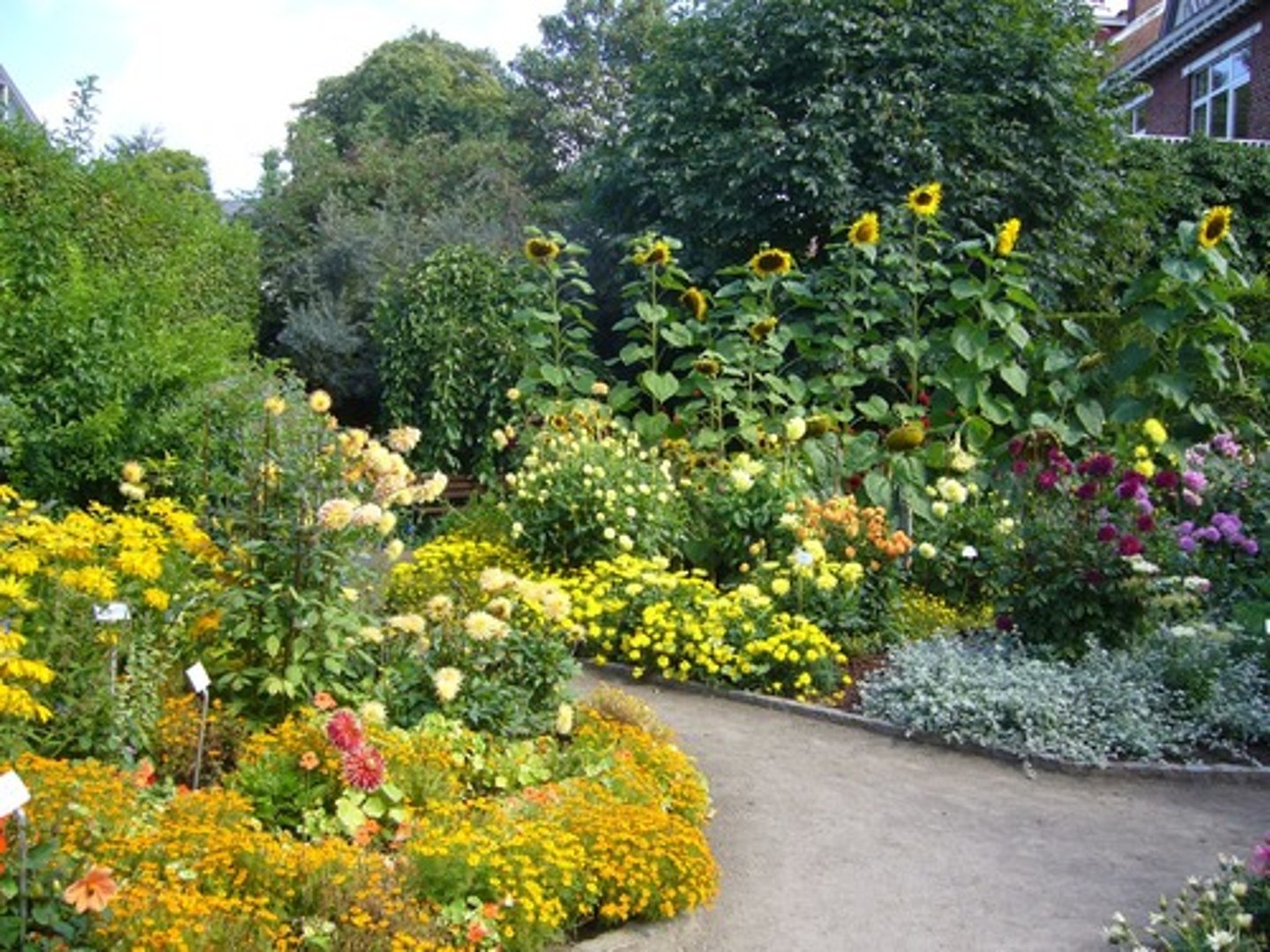
Posies and pomanders
Masks or objects full of fragrant flowers and herbs. The aim of carrying these was to ward off miasma

Thatched roofs
Roofs made of layers of thick straw or reeds. Rats made their nests in them. This was terrible in times of Plague
